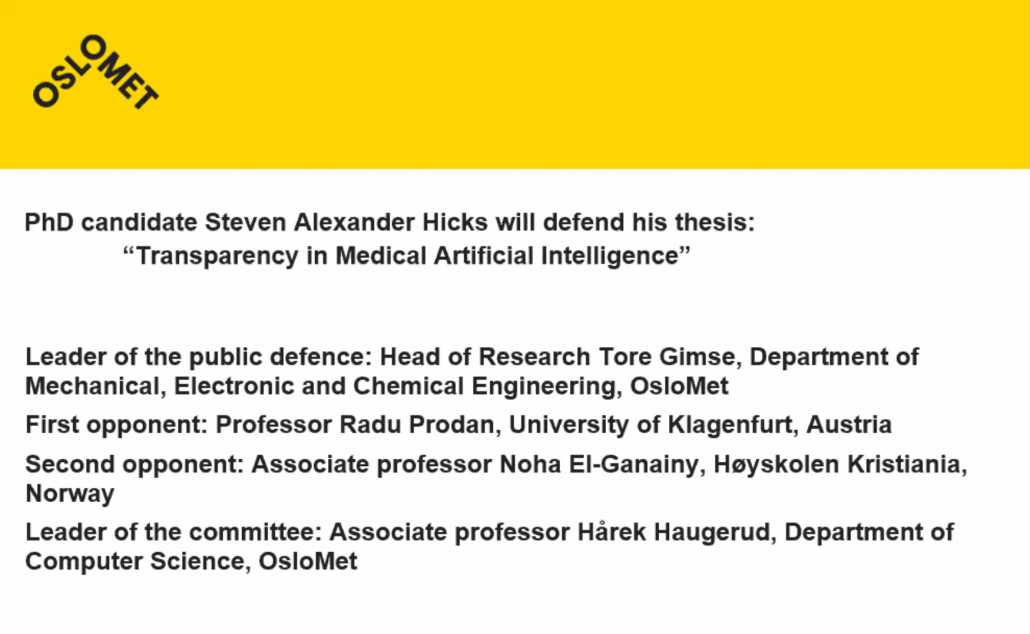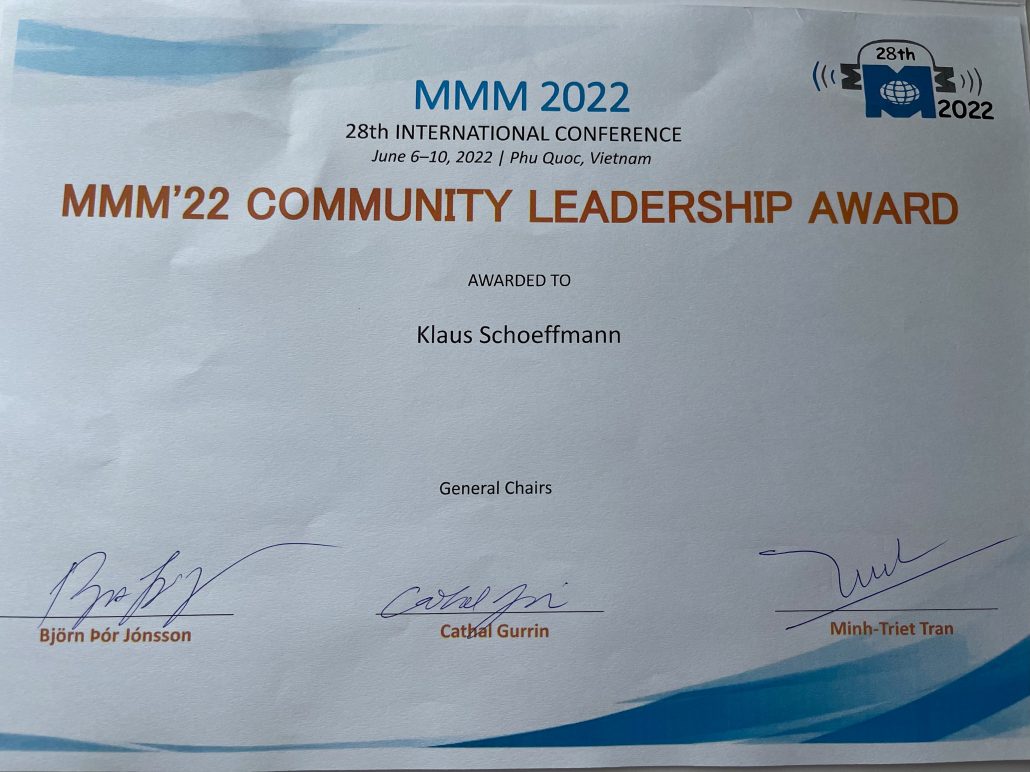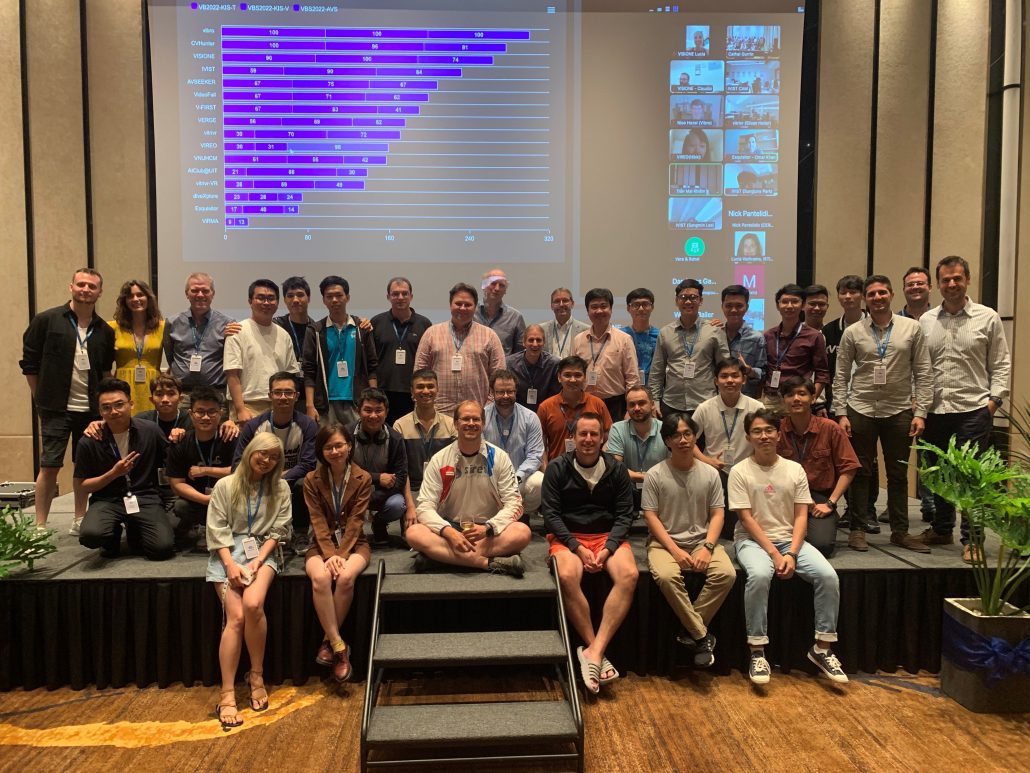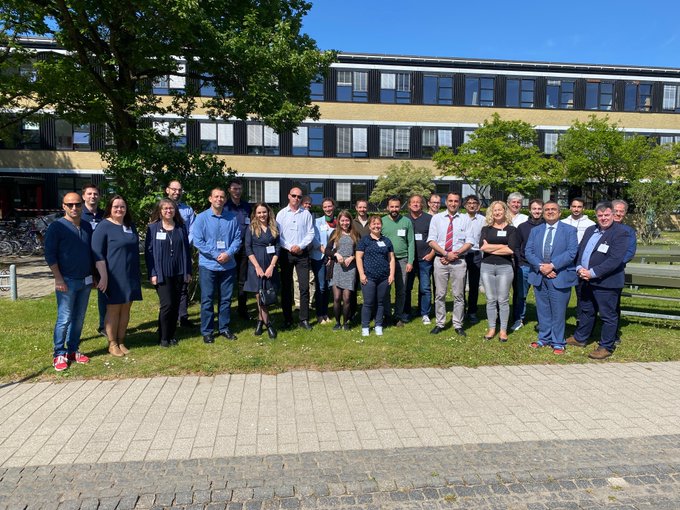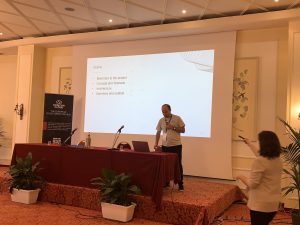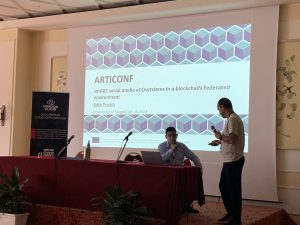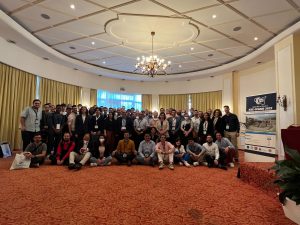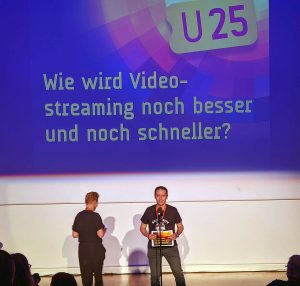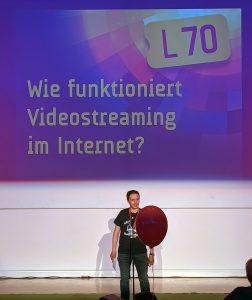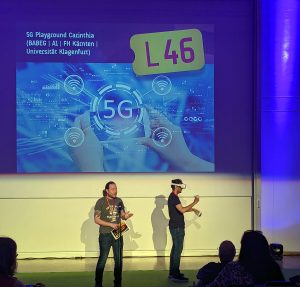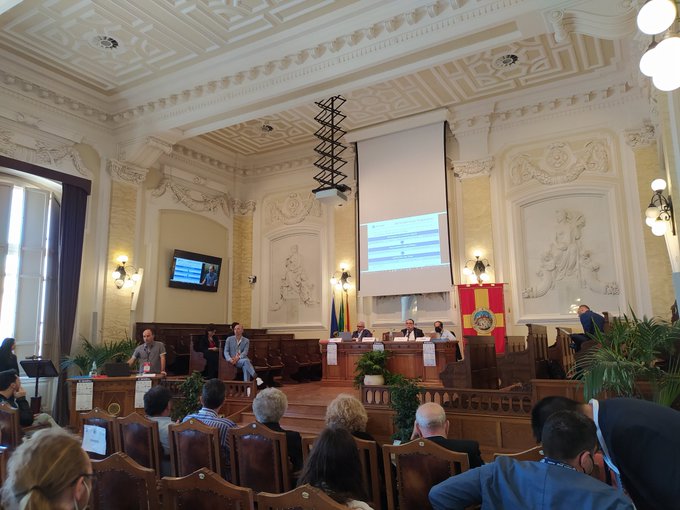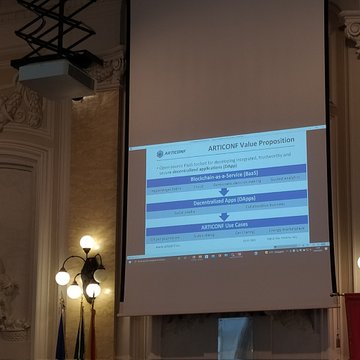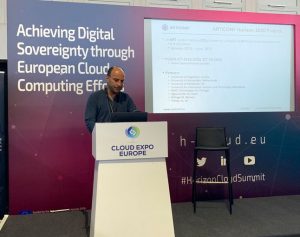IEEE 35th International Symposium on Computer Based Medical Systems (CBMS), July 21-23, Shenzen, China
https://2022.cbms-conference.org
Authors: Natalia Mathá, Klaus Schoeffmann, Stephanie Sarny, Doris Putzgruber-Adamitsch and Yosuf El-Shabrawi
Abstract: In recent years, the utilization intensity and thus the demand for storing cataract surgery videos for different purposes has increased. Hospitals continuously improve their technical recording equipment, i.e., cameras, to enhance the post-operative processing efficiency of the recordings. However, afterward, the videos are stored on hospitals’ internal data servers in their original size, which leads to a massive storage consumption. In this paper, we propose a relevance-based compression scheme. First, we perform a user study with clinicians to define the relevance rates of regular cataract surgery phases. Then, we compress different phases based on the determined relevance rates, using different encoding parameters and two coding standards, namely H.264/AVC and AV1. Afterward, the medical experts evaluate the visual quality of the encoded videos. Our results show a storage-saving potential for H.264/AVC of up to 95.94% and up to 98.82% for AV1, excluding idle phases (no tools are visible).



